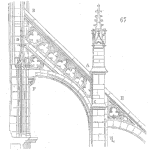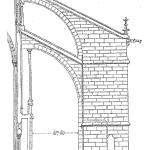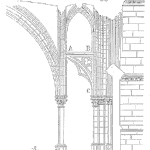
A common expectation consumers have concerning products is that the product works. The product provides value by performing one or more functions. Also, implicit with this expectation is the product will function over some duration. A reliable product meets or exceeds this common expectation.
Every product has a finite duration of successful operation before failure occurs.













